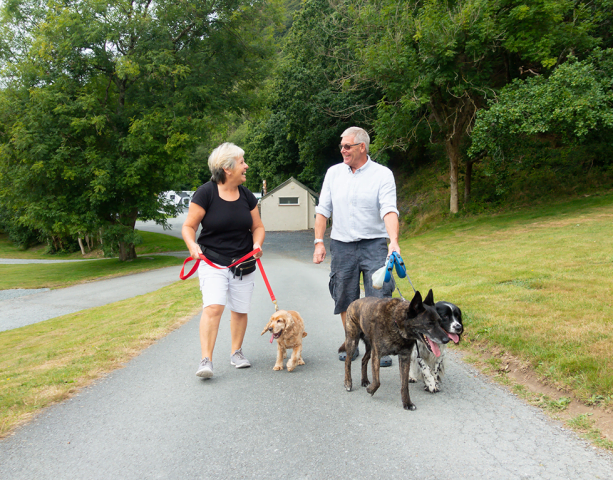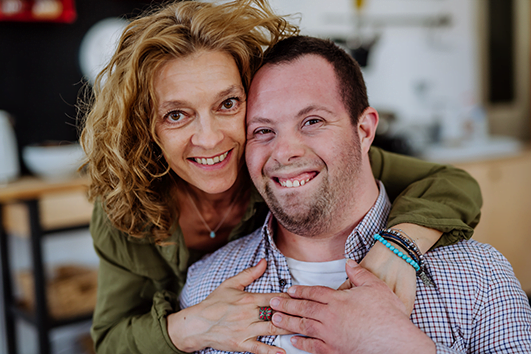
Those Casual Social Connections Make us Feel Good
Social networks dwindle naturally over the years as spouses die and friends lose touch. Nearly half of 75-year-olds are widowed or single. Disabilities like diminished hearing or a bum knee also interfere with an older person’s ability to socialize.
But maintaining a robust network is crucial, because a substantial body of research shows that retirees with a vigorous social life are healthier and happier.
Now there’s hope even for people who live alone or have lost their connections to friends during COVID’s enforced isolation. According to research, weak social ties – the person you chat with at the grocery store, a fellow dog walker, or the waiter at a neighborhood restaurant – may actually be more important to maintaining a positive outlook than the family and friends in our closest orbit.
In a study of Detroit residents over age 40, the number of both close and weak social ties they maintained declined over time. But people with a larger number of weak social ties had a more positive outlook and were less depressed than the people with a larger number of close ties with family and old friends.
“Joyful activities thought to benefit mental health are most likely to occur with peripheral ties,” the researchers said.
The same can’t be said for family and old friends, for the simple reason that we carry a lot of baggage into these relationships. “Most interpersonal conflicts reported by older adults occur with their closest social ties,” the researchers said – and these ties are “imbued with the most ambivalence.”
Just because our closest relationships are more difficult doesn’t diminish them as a strong source of support in difficult times. The researchers also made a connection between the weak social ties that bring joy and those close, but more freighted, ties: people who have more extensive networks of casual friends and acquaintances are also better at maintaining their more complicated relationships over the years.
The people in the study were interviewed about their social lives in 2005 and again in 2015. They were instructed to describe their relationships in two concentric circles orbiting around them. The closest orbit included people they feel so close to “that it is hard to imagine life without them.” Think adult children or a lifelong friend. In the outer circle are people who aren’t very close but “are still very important to you.”
Contrary to what many gerontologists think, the researchers said, “weaker ties may offer older adults a more effective avenue for promoting emotional well-being over time.”
Squared Away writer Kim Blanton invites you to follow us on Twitter @SquaredAwayBC. To stay current on our blog, please join our free email list. You’ll receive just one email each week – with links to the two new posts for that week – when you sign up here. This blog is supported by the Center for Retirement Research at Boston College.






